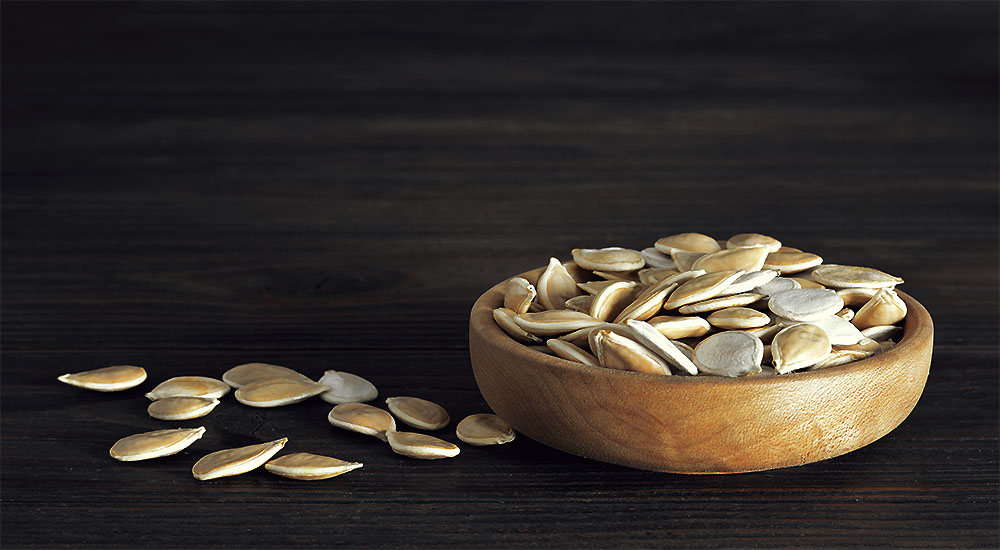Does Your Diet Affect Your Risk for Depression?

Can some depression be cured?
- What if depression wasn’t hard to fix?
- What if you didn’t need to decide between depression and a drug with life-threatening side effects?
- And, what if the solution was at the end of your fork?
If you search diet and depression you’ll see it’s a question millions want to know the answer to. A google search yielded over 150 million searches with those exact keywords.
Interestingly, that same number is seen when you research the number of people affected by depression – 150 million.
Sadly, depression accounts for close to 1 million deaths from suicide each year. One million people take their own lives due to the effects of depression.
How much does depression cost?
The World Health Organization estimates that costs related to depression are 1 trillion dollars annually.
It’s beyond tragic to think that many such deaths could have been prevented.
Does your diet affect your depression risk?
Is there any clear-cut evidence that diet moves you toward or away from depression?
In fact, there is. A 2017 study evaluated 21 different studies involving 117,229 participants from 10 countries.
And what they found was specific dietary patterns that either increased or decreased one’s risk of depression.
Could the serious impact and cost of depression around the world be ameliorated by one’s diet?
Could scientific rationale be utilized to formulate dietary guidelines?
What increases your risk?
The researchers called the list below a “Western-style/ Unhealthy Dietary Pattern”.
- High consumption of red meat
- High consumption of processed meat, e.g. salami, sausage, pepperoni, etc.
- Refined grains, e.g. flour, bread, crackers, etc.
- Sweets
- High-fat dairy products
- Butter
- High-fat gravy
- Low intake of fruit
- Low intake of vegetables
What decreases your risk?
The researchers called this list the “Healthy Dietary Pattern”
- High intake of vegetables
- High intake of fruits
- Whole grains – I would want to say gluten-free, but that wasn’t stipulated in the research.
- Soy
- Olive oil
- Fish
- Low-fat dairy products
- Antioxidants – foods rich in antioxidants include the legume family plus the fruits and veggies already mentioned.
- Low intake of animal foods
What are your thoughts?
Would it be worth it to you to embark on a dietary change that could positively influence your depression?
If you are depressed, do you see your diet on the unhealthy or healthy list?
Let me know.
The findings make perfect sense
The findings very much align with other research I’ve seen and what we share on this blog. The only outlier would be dairy products, in my opinion. Granted they separated the high-fat variety from the low fat, which makes sense. Hormones are made from fat, so eliminating or severely reducing the fat in a dairy product would lessen the hormonal exposure to the individual.
Depression is an inflammatory disease; much research has confirmed this. Therefore exposing high-inflammatory foods such as red meat, processed meat, high-fat dairy products, refined grains, and sugar, certainly make perfect sense.
On the flip side, validation that anti-inflammatory foods like vegetables, fruits, whole grains, olive oil, soy, and antioxidant-rich foods decreased one’s risk of depression holds a very little surprise. But, it’s always nice to see what we believe as truth supported by more research.
Help is at hand
Do you suffer from depression?
Do you know anyone suffering?
I would truly love to help and the good news is we have excellent success treating depression naturally. Diet is certainly a mainstay of our program, but so too is the evaluation for food sensitivities, infections, toxins, and hormonal imbalance.
Each program is tailored to the individual and their particular imbalances that are creating the symptom of depression.
Do you need help with your health?
We have the diagnostic and testing tools, the clinical experience, and a different medical approach to discovering the root cause of why you have the symptoms that are bothering you. As long as you are ready to make some dietary and lifestyle changes, we can help you. We will "hold your hand" through the changes, step by step, to make each step an easy one. We are located in Clearwater, FL, at 1000 S Ft Harrison, at the corner of Ft. Harrison Ave. and Magnolia St. There is plenty of parking space directly accessible from Ft Harrison. If it is not convenient for you to come to Root Cause Medical Clinic, we offer telehealth/telemedicine consultations to residents of certain states. Call us for details.
Contact us for a Consultation – Call 727-335-0400

Dr. Vikki Petersen DC. CCN
Founder of Root Cause Medical Clinic
Certified Functional Medicine Practitioner
Dr Vikki Petersen is a public speaker, author of two books, several eBooks and creates cutting edge content for her YouTube community. Dr Vikki is committed to bringing Root Cause Medicine and its unique approach to restoring health naturally to the world.
Ask a Doctor
Have a health concern you'd like to speak with a doctor about? Or just want clarity on a subject? Ask Us!
Featured Articles
Popular Stories
Reference:
Li, Y, et al. Psychiatry Research 2017 Jul;253:373-382. doi: 10.1016/j.psychres.2017.04.020.
Dietary patterns and depression risk: A meta-analysis.


